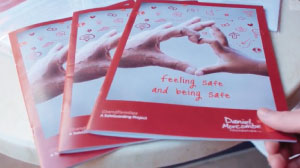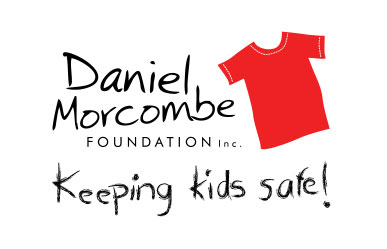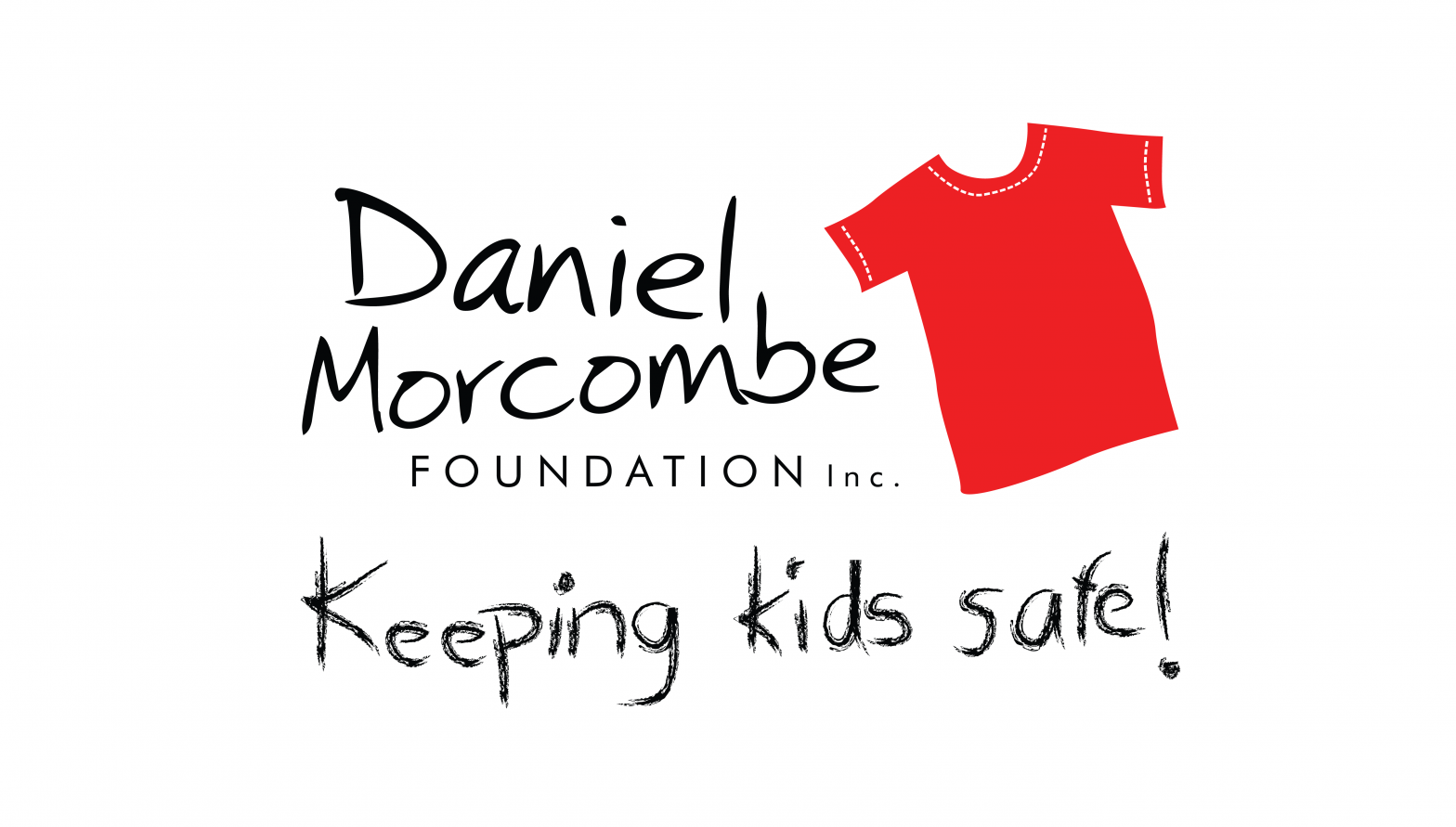factsheets

Feeling safe & being safe
When children and young people cannot live at home with their parents, Grandparents are often the ones who step in. This resource booklet is developed to help keep children and young people safe.

The Daniel Morcombe Foundation is proud to provide a wide range of free Keeping Kids Safe Resources for parents, carers, educators, and the wider community.
We are continually developing new fact sheets to help educate young people about their personal safety, as well as providing adults with the tools to talk about safety with children.
Our fact sheets cover information including what to do if you have concerns about a young person, handling disclosures, online and travel safety, as well as dealing with times of crisis.
factsheets

When children and young people cannot live at home with their parents, Grandparents are often the ones who step in. This resource booklet is developed to help keep children and young people safe.
factsheets

Internet access is a regular part of life for many children and young people around the world. It is the responsibility of adults to keep children safe, this includes helping them to develop cyber safety skills. Touchscreen technologies allow children to access the internet quickly and easily but often they do not understand the complexity of their actions online.
factsheets

Child abuse is one of the most under reported crimes in our community. A recent survey conducted by Act for Kids found that a quarter of adults did not know the signs of child abuse and neglect and would need to google how to report suspected abuse.
factsheets

Sexual abuse of children is against the law. Child sexual abuse is when an adult, another child or adolescent uses their power to involve a child in sexual activity. Sexual activity includes sexual intercourse and a range of sexual behaviours that can be physical, verbal or emotional.
factsheets

If you have concerns about a child’s safety it can be difficult to know what to do. Most children and young people live in safe and supportive environments however some will sadly experience child abuse.
factsheets

There are about 38,000 missing person reports made to police every year in Australia. Young people between the ages of 13 -17 are the most likely group to be reported missing, making up about 50% of all missing person reports.
factsheets

It is the responsibility of adults to keep children safe, this includes helping them develop personal safety skills. It is not about scaring or frightening children but increasing communication and learning new skills.
factsheets

The internet can be a wonderful tool for children to learn, communicate with others and play games, but this isn’t without risks. Children are accessing technology and the internet at a younger age than ever before. It’s never too early to start chatting to your child about how to stay safe online.
factsheets / activities

During times of crisis, children and young people will normally look to the adults in their life as role models for how to cope and keep themselves safe. If adults are modelling positive behaviour strategies for dealing with crisis and stress, children are more likely to follow suit.
factsheets

A safety helper is an adult who forms part of a child or young person’s safety network. Safety helpers are responsible for making sure children feel safe and heard.
factsheets

How we communicate with children and young people during a time of crisis can directly influence these outcomes.
factsheets

Moments of crisis and turmoil can lead children and young people to experience intense feelings that can be emotionally overwhelming and scary.
factsheets

For most children, discussing abuse is extremely challenging and emotionally stressful. They may suffer a high level of anxiety and distress from fear of repercussions.
factsheets

Video calling is fast becoming a popular part of our everyday lives. Apps such as Facetime, Whatsapp, Messenger and Skype are now being used for a range of purposes from socialising with friends and family to engaging in extracurricular activities and online learning for school.
factsheets

Tailoring safety plans to meet the needs of each family’s unique situation is vital to ensuring that children remain safe from harm.
factsheets

Parents and carers play a crucial role in keeping children and young people safe from harm and abuse. This factsheet has been specifically designed to provide parents and carers with the necessary information and tools to help them to identify and respond to harmful sexual behaviours.
factsheets

Travelling to school or other familiar places by themselves is an opportunity for children and young people to develop confidence and new skills.